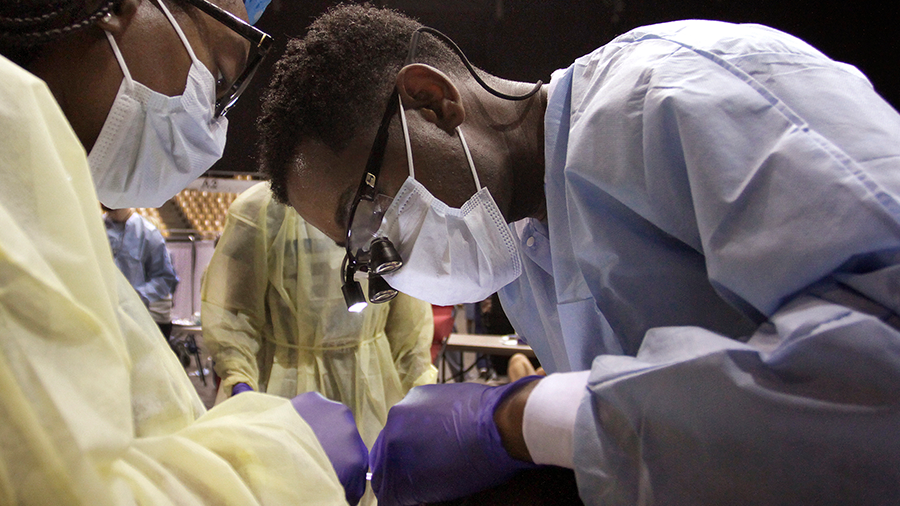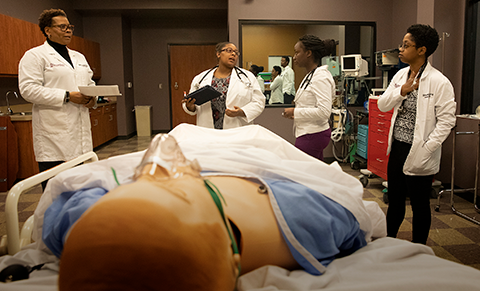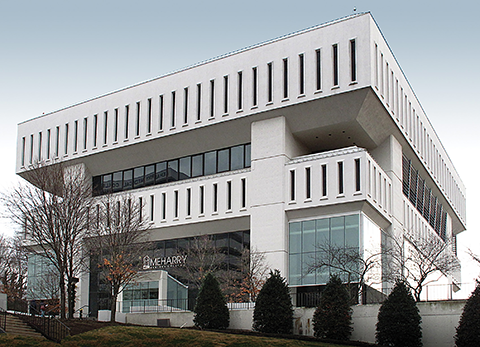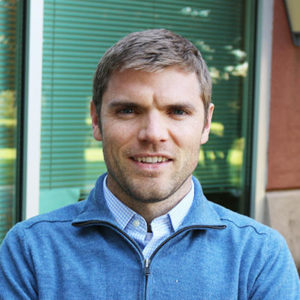HBCU med school put CARES Act money into students’ pockets
NASHVILLE, Tenn. — Just before students at Meharry Medical College went home for Thanksgiving, Dr. James Hildreth, the school’s president, emailed them a video message that he acknowledged seemed hard to believe. Or at least they had to give it a second listen.
“We’ll gift each of you $10,000 in cash,” he said, looking at the camera. “You heard me right.”
They were told to expect a direct deposit the next day or pick up a check in person. Hildreth, an expert in infectious diseases who helped lead Nashville’s pandemic response, explained that this gift with no strings attached was money from the CARES Act, a major covid-19 relief law passed by Congress in 2020. He asked only that they be “good stewards” of the windfall.

After deep consideration, Meharry’s administration decided to give roughly a third of its CARES Act funding — $10 million — directly to its future doctors, dentists and public health researchers. All told, 956 students received payments.
Meharry’s students had already been heavily involved in the pandemic response, staffing Nashville’s mass covid testing and vaccination sites. But the money isn’t so much surprise compensation for volunteer efforts as it is an investment in a future career — and an assist in overcoming financial hurdles Black students especially face to become medical professionals.
While Black Americans make up roughly 13% of the population, the Association of American Medical Colleges finds Black doctors account for just 5% of the nation’s working physicians — a figure that has grown slowly over more than a century. And studies have found that Black patients often want to be cared for by someone whom they consider culturally competent in acknowledging their heritage, beliefs and values during treatment.
Meharry graduates more Black physicians than almost any other U.S. school. And half of its M.D.s enter the high-demand but lower-paying specialty of primary care.
“We felt that there was no better way to begin distributing these funds than by giving to our students who will soon give so much to our world,” Hildreth said.
Cheers erupted in the library as students clicked the video link.
Andreas Nelson fell silent, he recalled later. He went to his banking app and stared in disbelief. “$10,000 was sitting just in my bank account. It was astonishing,” he said. “I was literally lost for words.”

The Chicago native is finishing a master’s degree in health and science at Meharry with hopes of entering its dental school. The average student loan debt in the program totals more than $280,000. So, undoubtedly, 10 grand won’t make much of a dent in the debt.
But the money in his pocket eases his top concern of making rent each month. Nelson said it feels as though he’s being treated like an adult, allowing him to decide what his greatest needs are in getting through school.
“It’s motivating,” Nelson said. “Because that means they have trust in us to do with this money whatever the cause may be — whether it be student debt, investing or just personal enjoyment.”
Across the board, students at HBCUs rely more on student loans than students at historically white institutions. Roughly 80% take out student loans, according to an analysis by UNCF, formerly known as the United Negro College Fund, and they borrow considerably more.
Meharry was founded a decade after the Civil War to help those who had been enslaved. But the 145-year-old institution has always struggled financially, and so have its students.
The reasons are rooted in the country’s racist past, which has left the institutions with less money potentially available for scholarships than other universities. And students’ families generally have less wealth to tap into since Black households across the country have averaged around $17,000 in net worth — about a tenth of the average for white families.
Meharry’s average student debt is far higher than other area schools of medicine at Vanderbilt University and the University of Tennessee, representing both private and public institutions.
Virtually all colleges and universities received allotments under the CARES Act, but HBCUs have been much more aggressive about funneling substantial amounts directly to students, who tend to have greater need. More than 20 HBCUs have erased outstanding tuition balances. Some have canceled student fees.
But Meharry, one of the few stand-alone HBCU graduate schools, is a rare case in cutting checks for students.

“These young people are rising to medical school against all odds,” said Lodriguez Murray, who leads public policy and government affairs at UNCF. “Of course, they have to borrow more because people who look like them have less.”
During the pandemic, major philanthropists have taken new interest in supporting the few HBCU medical schools. Michael Bloomberg committed $100 million to four institutions, including Meharry, to help educate more Black doctors.
Students at Meharry can now apply for $100,000 scholarships. The $34 million from Bloomberg Philanthropies is also going toward other kinds of financial support.
The school is now offering, for no additional fee, expensive test-prep services through a Boston-based company, MedSchoolCoach. The service, which entails paying a doctor by the hour to help with studying, can cost thousands of dollars.
While the price is often out of reach for students tight on cash, acing the benchmark exams toward board licensure is key to landing coveted fellowships, qualifying for lucrative specialties or just finishing on time. And Meharry’s four-year completion rate of roughly 70% is below most schools. The most up-to-date national average is around 82%.
For some, Murray said, a $10,000 windfall may make all the difference in whether they cross the finish line and become a doctor who can afford all their medical school debt.
“Many of those students are borrowing a lot of money to complete their dream, and to become relatively high earners in the future,” Murray said. “The fact that these students are largely coming from lower socioeconomic backgrounds means that the funds that Meharry turned around and gave to the students are particularly impactful.”
This story is from a partnership that includes Nashville Public Radio and KHN.
Subscribe to KHN's free Morning Briefing.
Enjoy reading ASBMB Today?
Become a member to receive the print edition four times a year and the digital edition monthly.
Learn moreGet the latest from ASBMB Today
Enter your email address, and we’ll send you a weekly email with recent articles, interviews and more.
Latest in Policy
Policy highlights or most popular articles

Women’s health cannot leave rare diseases behind
A physician living with lymphangioleiomyomatosis and a basic scientist explain why patient-driven, trial-ready research is essential to turning momentum into meaningful progress.

Building a stronger future for research funding
Hear from Eric Gascho of the Coalition for Health Funding about federal public health investments, the value of collaboration and how scientists can help shape the future of research funding.

Councilors advocate for science on Capitol Hill
ASBMB Councilors meet with their elected officials to advocate for basic scientific research funding and training the next generation of scientists.

Hope for a cure hangs on research
Amid drastic proposed cuts to biomedical research, rare disease families like Hailey Adkisson’s fight for survival and hope. Without funding, science can’t “catch up” to help the patients who need it most.

Supporting science through advocacy and community building
ASBMB calls on scientists to take action as funding cuts and policy shifts threaten the U.S. research enterprise, emphasizing the power of community advocacy and persistence in protecting the future of science.

Seven steps to advocating in your home state
Find out how to schedule, prepare for and conduct a productive district office meeting to communicate the importance of fundamental scientific research funding to your representatives.

